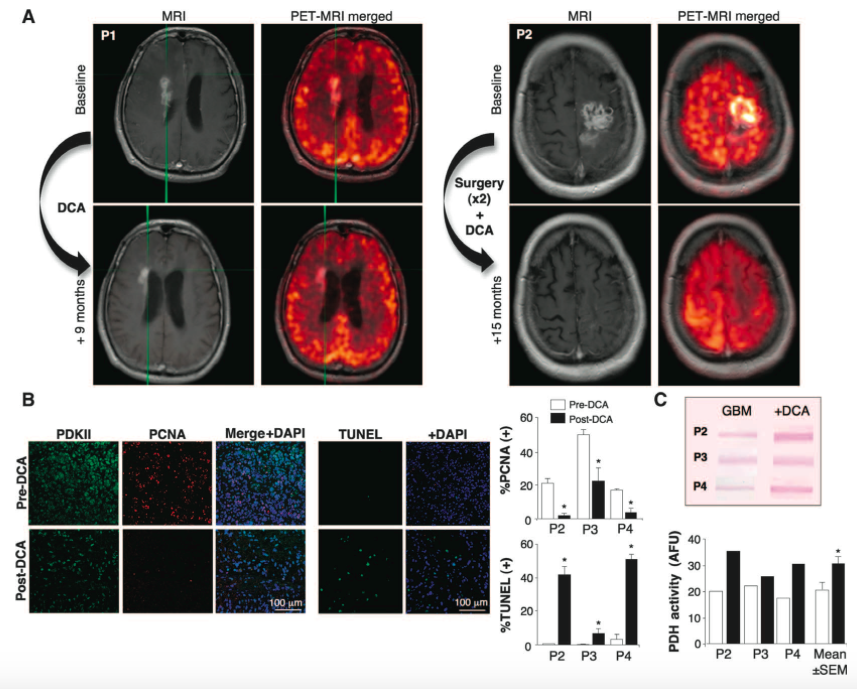Yas said:
That's very interesting Gaby, thanks for sharing!
I too feel much better when I eat two times a day, one time early in the morning and the next around 4:30 pm. I sometimes eat at 6pm due to my schedule but I guess that seems to work well as well. Sometimes I eat a late diner because I'm invited to diner with the family or friends, and then I feel a bit less energetic the next day...
According to Rhonda Patrick, you can take a break a couple of times per week and still see results, or so the research says. So those days when you eat with family or friends can be the break. Works for me too! She does emphasize that supplements and caffeine does count as breaking the fast too.
Rhonda does say that time-restricted feeding should ideally be done earlier in the day because feeding is like a signal for your circadian rhythm and it helps you balance hormones. I think that whatever we can adjust to our lifestyle and daily demands would work though.
I should clarify that the study of intermittent fasting was independent of food sources and composition. That is, people still saw benefits of doing time-restricted feeding independently from what they ate. According to research, it does seem that we metabolize food better (with lower blood glucose levels) in the morning. They have done a study where people eat the same thing AM and PM. The food in AM will always be metabolized better, which points to the fact that we are diurnal creatures (or should be).
I think intermittent fasting (whenever possible) will also be very good for those of us who work night shifts: less inflammation, better hormone balance, restores our tissues through autophagy, etc. It promotes ketone production too.
She also said that if you don't eat enough soluble fiber, the microbiome will cannibalize (!) the gut lining to get its much needed food. So it is important in intermittent fasting or a keto diet to get enough of the good soluble fiber that your body can tolerate.
I was surprised to hear that she is very pro Omega 3 supplementation. She quotes studies and the fact that our brain's fatty composition is mostly essential fatty acids. She is aware about the problem of their oxidation and takes precautions with her supplements. You know you're hearing a doctoral chemist picking her supplements when you hear Rhonda Patrick! She quotes a company (Nordic Naturals) which uses a nitrogen environment during the isolation process of Omega 3s from fish. This way, the Omega 3s are not oxidized from exposure to to oxygen. She says she has taken Omega 3 supplementation for 9 consecutive years and thinks it has only benefited her.
She says that if you are getting an extra dose of
IGF-1 in the ketogenic diet from meat consumption, then the wisest thing is to build up muscle mass. Otherwise IGF-1 may act against you.
She also speaks of water fasting and how your organs shrink during the process. Then, when it is time to eat again, the organs re-build themselves with the nutrients provided. The best results are seen with a water fasting of 4-5 days, but it is something very difficult to make. It can be contraindicated for some folk. She says that there was a mouse model study with a 2-3 day water fasting which had very good results. A lot of folk quote this study thinking that humans could do 2-3 days and they're good. Apparently for the human equivalent, it is more (4-5 days) to see similar results.

